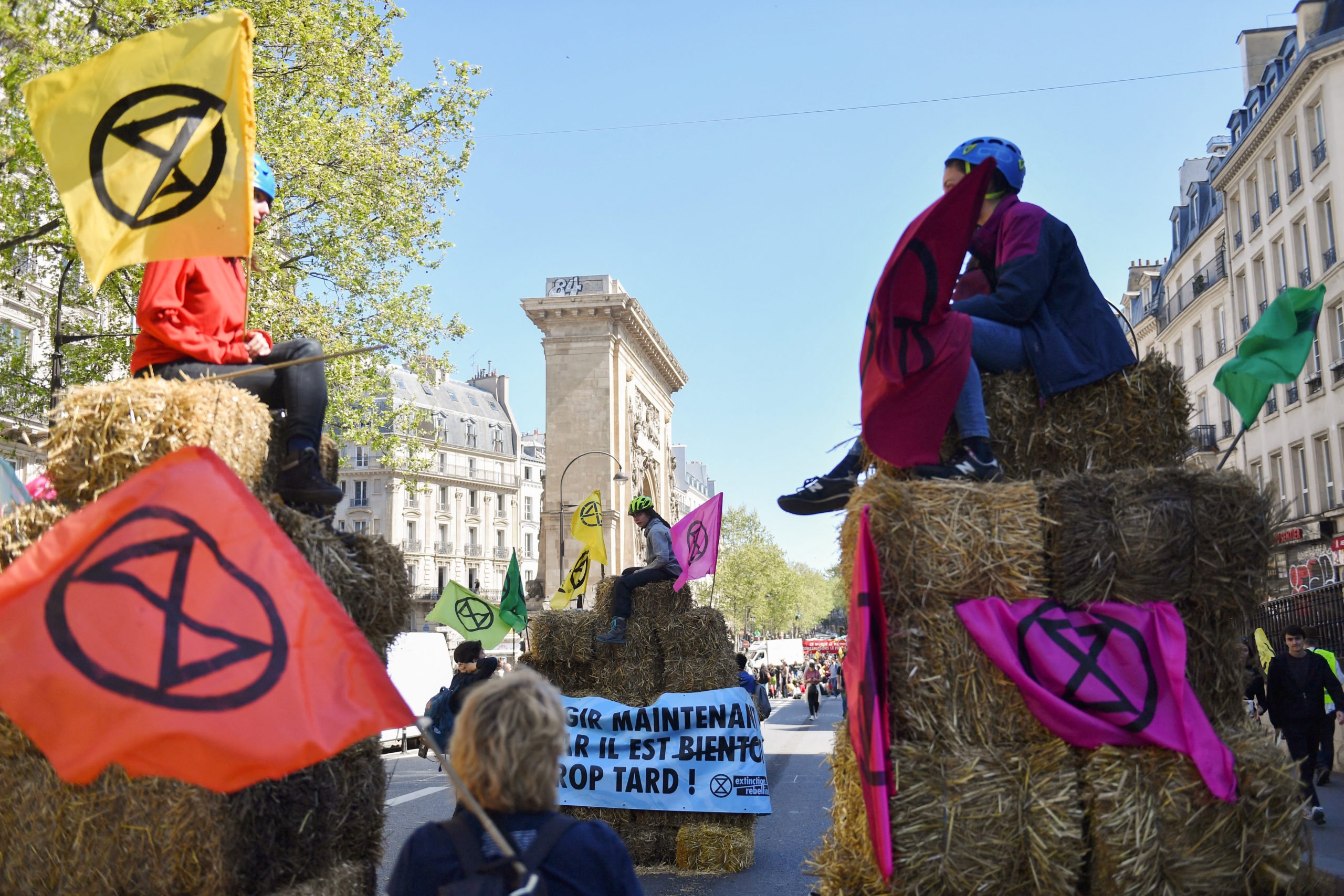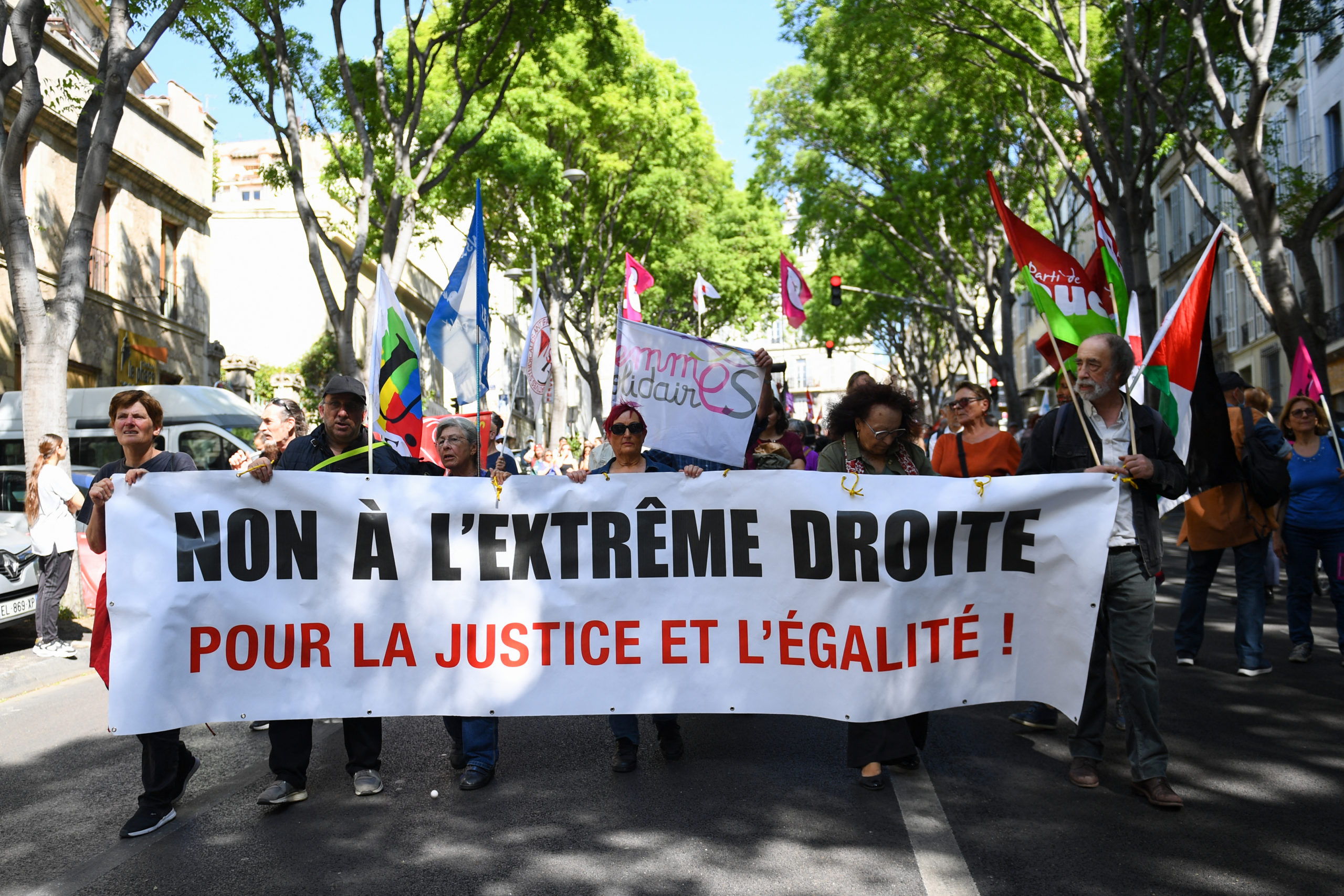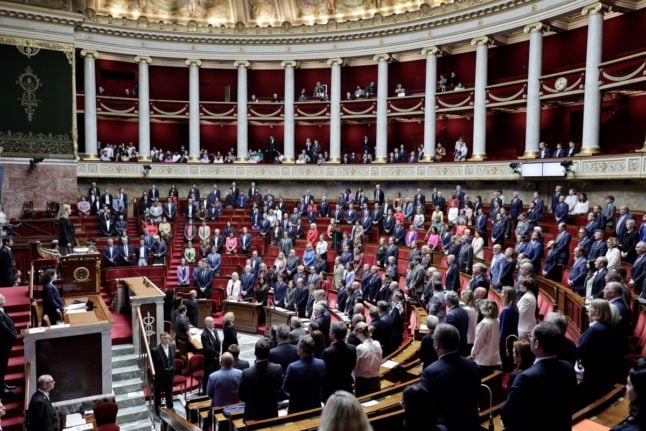Macron held a major rally in the port city of Marseille while his rival, far-right leader Marine Le Pen, visited a village west of Paris.
Polls show Macron stretching his lead over Le Pen, with a fresh survey on Saturday by Ipsos Sopra/Steria suggesting that Macron would triumph with 55.5 percent versus 44.5 percent for Le Pen.
“I hear the anxiety that exists in a lot of our young people. I see young people, adolescents, who are fearful about the future of our planet,” Macron told the rally.
He said a “powerful message” had been sent in the first round of elections on April 10, when nearly eight million voters backed hard-left candidate Jean-Luc Melenchon and his ecology-heavy programme.
“It’s up to us to react and up to us to take action,” Macron said.
As well as promising to make France “the first major nation to abandon gas, oil and coal”, Macron said he would appoint a prime minister who would be formally tasked with “ecological planning”.
He also promised new investments in renewable technologies, energy-saving residential renovations and organic food production, while pledging crackdowns on air pollution and single-use plastics.
The speech was a clear pitch to the young and left-wing voters who backed Melenchon and other candidates in the first round and will be crucial in the second round on April 24.
Some of them are expected to back Macron, with others drifting to Le Pen or abstaining.

Several hundred activists from the Extinction Rebellion climate activist group blocked a main road in the centre of Paris on Saturday to denounce the “inaction” of French leaders.
“This world is dying. Let’s build the next one,” read one large banner held by protesters.
Protests
Le Pen meanwhile was touring the village of Saint Remy-sur-Avre, about an hour and half’s drive west of the capital, where she came top in last weekend’s first round.
After hearing complaints about the loss of hospital beds and bus services locally, she promised to “govern the country like a mother, with common sense” and to defend “the most vulnerable”.
She has sought to moderate her image during campaigning this year, stressing her proposed solutions to rising living costs rather than her usual topics of immigration and Islam.

Rallies against the far-right were staged in around 30 cities on Saturday, attended by hundreds of people holding placards reading “No to racism”.
READ ALSO: IN PICTURES: Thousands of people take part in anti-fascism protests across France
Le Pen has faced repeated questions this week about her proposed ban on the Islamic headscarf in public places, which she has said will be punished with fines by the police.
The 52-year-old mother-of-three admitted on Saturday it was a “complex problem” and would be discussed by parliament if she won.
But “we need to resolve the problem of women who are obliged to wear it under pressure from Islamists”, she said.
She has also sought to appeal to left-wing voters, who she will need in order to defeat Macron, a centrist who won the presidency standing in his first election in 2017.
“Come out and vote. We are speaking to all the French. We hold out a firm hand but one of friendship and respect,” she told a rally in the southern city of Avignon on Thursday evening.
READ MORE:



 Please whitelist us to continue reading.
Please whitelist us to continue reading.
Member comments